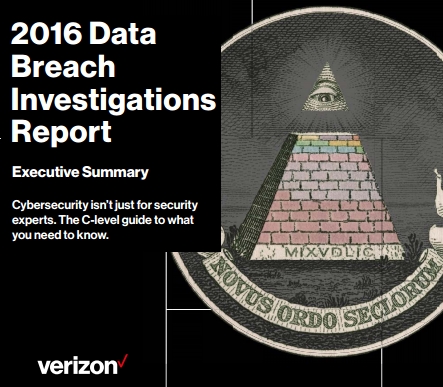When your phone is experiencing an issue, you call support, ask for technical tips, and provide personal information when necessary. However, much to customers’ surprise – that personal data shared over the phone could be vulnerable to cyberattack, depending on where its stored after the call is done. This is now a reality for an estimated 14 million Verizon customers, as its been discovered that a misconfigured server has exposed customer data that was recorded during support calls.
This data, which is from customers who called the phone giant’s customer services in the past six months, was found on an unprotected storage server. Mind you, this server was operated by a third-party vendor that managed Verizon’s customer service operations. The exposed data included customer names, street and email addresses, phone numbers, and PINs. Out of all of this data, exposed PIN numbers are the most concerning, since these PINs can give cybercriminals direct access to a customer’s account. Not to mention, it can potentially allow a cybercriminal to hijack a Verizon phone entirely.
Security Tips to Protect Your Data
Given this data is easily downloadable, it’s crucial Verizon customers who’ve made support calls in the past 6 months start thinking about how to secure their data. First and foremost, change your PIN immediately. Next, follow these additional security tips to protect your data from this issue and others like it:
-Consistently change up your PIN or password. It’s good practice to change your PIN or password to an account every 6 months or so. That way, in instances like this, cybercriminals won’t be able to access your account, as that password is already outdated.
-Don’t give away too much personal info. The best way to keep your personal information safe is by keeping it to yourself. Unless a support service absolutely requires it, try to limit the amount of sensitive information you share. If you do give out your personal info, research the company you’re giving it to first to see if they have security top of mind.
-Use a comprehensive security solution. Whether you’re concerned about securing personal data on your phone, or about what you share on the web, make sure all your devices are protected. Use a comprehensive security solution, like McAfee LiveSafe, to keep your personal data out of the hands of cybercriminals.
And, of course, stay on top of the latest consumer and mobile security threats by following me and @McAfee_Home on Twitter, and ‘Like’ us on Facebook.














